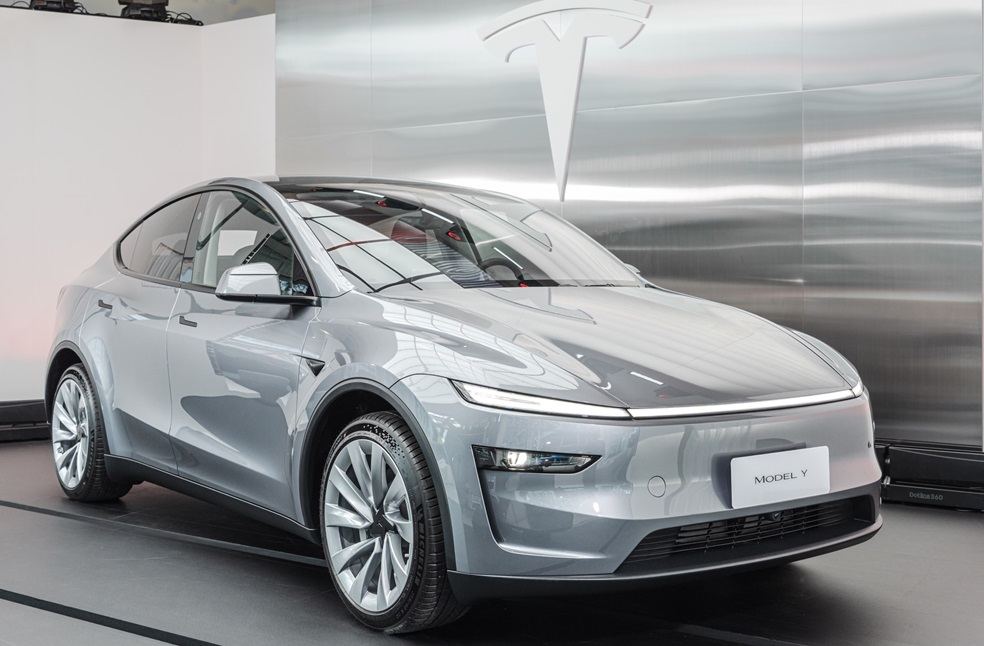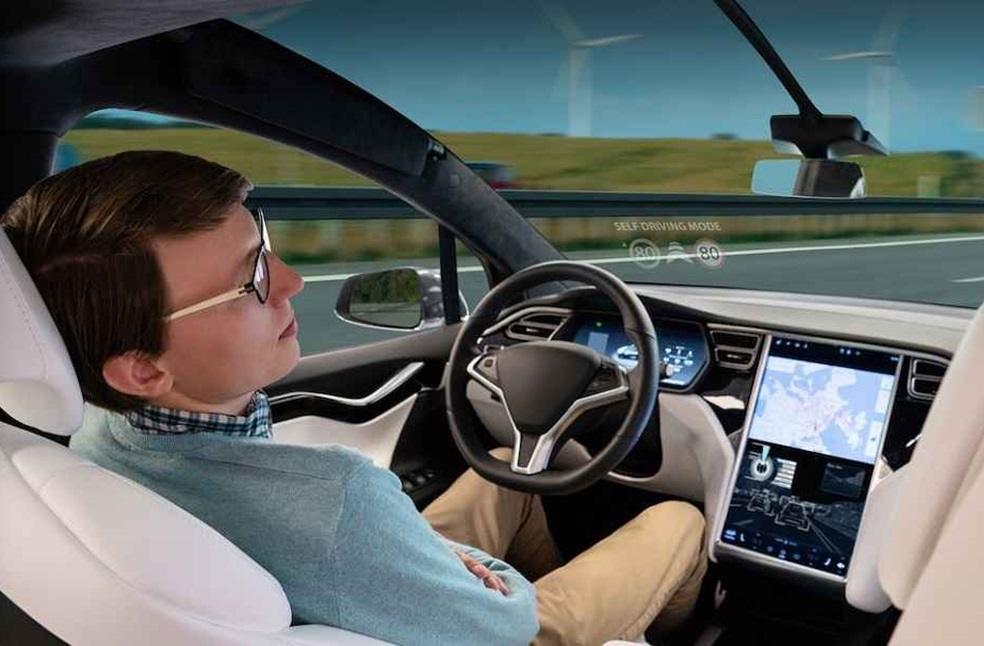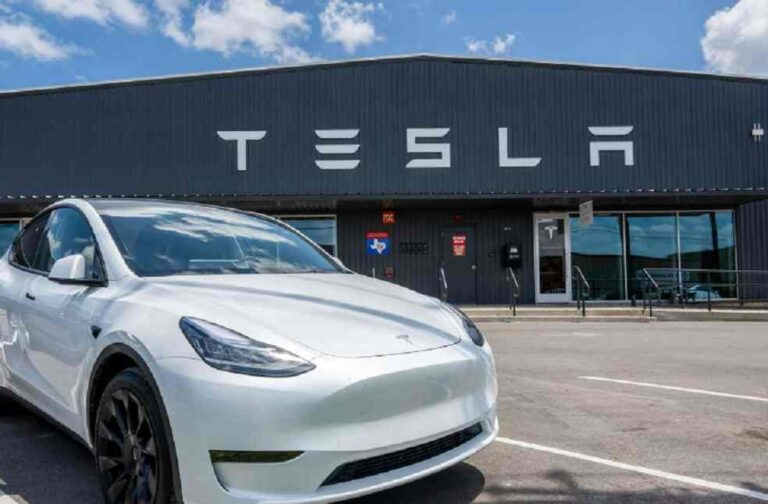Tesla is undergoing a five-day courtroom battle in Oakland, as the California Department of Motor Vehicles (DMV) alleges that the company deliberately misrepresented the true capabilities of its Autopilot and Full Self-Driving technologies.
The California DMV is seeking to suspend or revoke Tesla’s dealership license, accusing the company of deceiving consumers by suggesting its cars were essentially self-driving—a claim the agency disputes as inaccurate. According to Bloomberg, the complaint stems from Tesla’s marketing efforts in 2021 and 2022, which the DMV believes presented a misleading portrayal regarding the vehicles’ true capabilities.
Legal proceedings began this week with a hearing now underway before an administrative judge. At the same time, the company is grappling with a separate trial in Miami, where a jury is evaluating whether its Autopilot system contributed to a fatal pedestrian accident in 2019. In that case, a distracted driver operating a Tesla Model S struck and killed a person while Autopilot was active. Tesla has refuted any liability in both the California DMV case and the ongoing trial in Florida.

The DMV alleges that Tesla breached state law by marketing its driver-assistance systems as fully autonomous. The agency points to company statements suggesting Tesla vehicles could complete both short and long journeys without human input. However, the DMV argues these vehicles have never functioned entirely on their own, making the promotional claims misleading.
If California regulators prevail, Tesla would lose its license to sell in the state, America’s largest car market. CEO Elon Musk has long championed self-driving as Tesla’s future, envisioning a robotaxi fleet and asserting that Tesla’s vehicles are the ‘safest cars ever made.’ The DMV, however, contests these claims, arguing they mislead consumers about the technology’s actual capabilities.
Tesla has pushed back on the California DMV’s allegations, claiming that the charges violate its First Amendment right to free speech. The automaker argues that regulators disregarded clearly stated disclaimers and misinterpreted its promotional content. In a February 2024 court filing, Tesla emphasized that it consistently clarifies that its vehicles are not autonomous and require driver supervision.

Meanwhile, in the Miami trial, Tesla’s legal team asserted that statements about self-driving were aspirational, aimed at future innovation rather than current vehicle functionality. They insisted that remarks from Elon Musk and the company were forward-looking projections rather than intentional falsehoods. However, this defense was challenged by expert witness Mary Louise Cummings, a professor at George Mason University, who argued that Tesla’s marketing creates significant public misunderstanding. She also criticized the use of the term ‘Autopilot,’ saying it misleads drivers and fosters a dangerous sense of overreliance.
Furthermore, she claimed that naming driver-assist systems in a way that suggests autonomy causes drivers to become overly reliant and less attentive. Federal regulators echoed these concerns, and in 2023, a major investigation led to the recall of 2 million Tesla vehicles due to inadequate driver monitoring features.
The legal proceedings in Oakland continue to draw massive attention. The DMV case, formally named In the Matter of the First Amended Accusation Against: TESLA, Incorporated, 21-02188, will decide if Tesla can continue selling its vehicles in California.
GENERAL | UK to Launch Self-Driving Vehicles Under New Legislation





